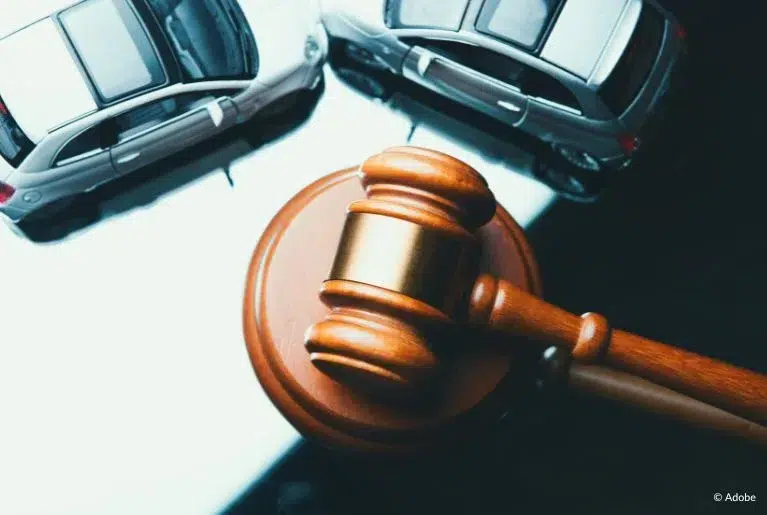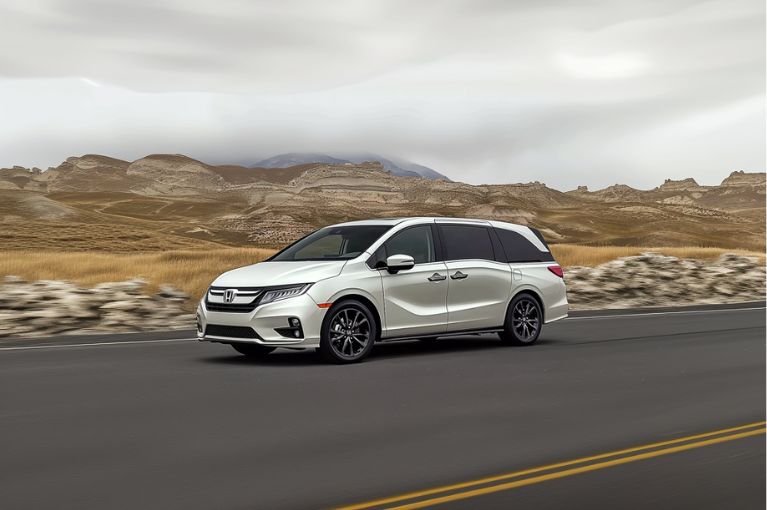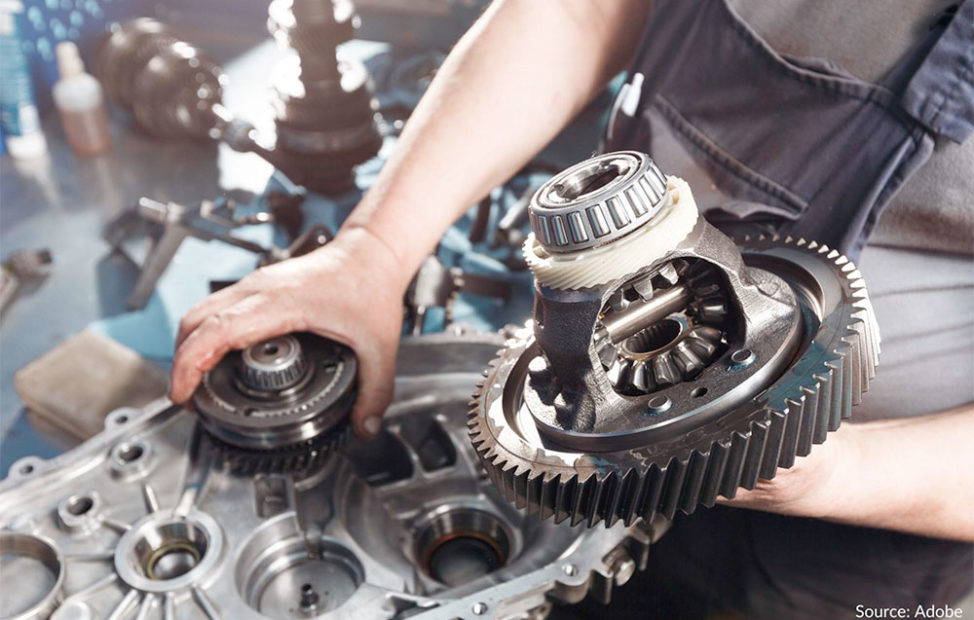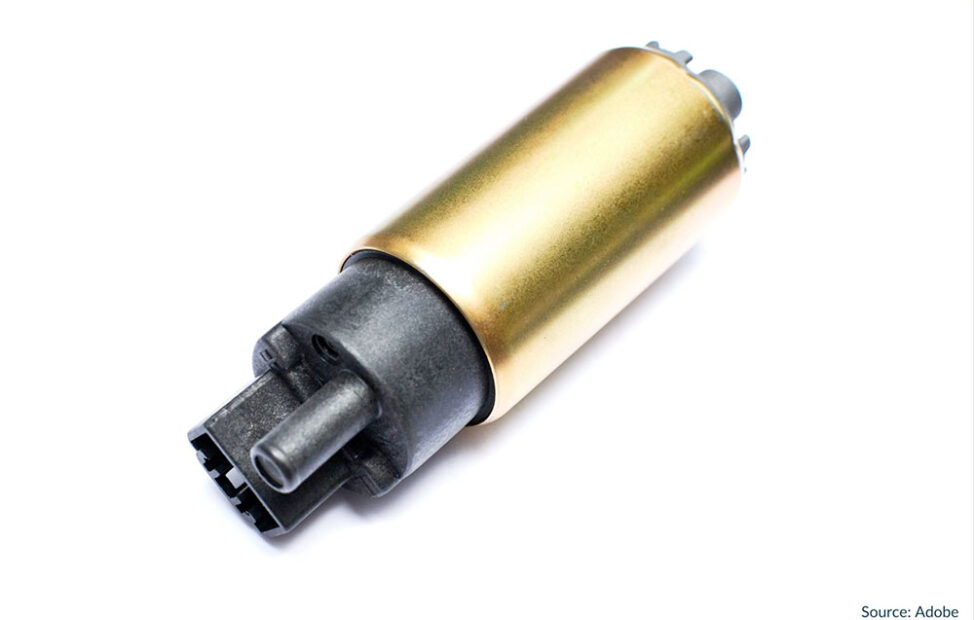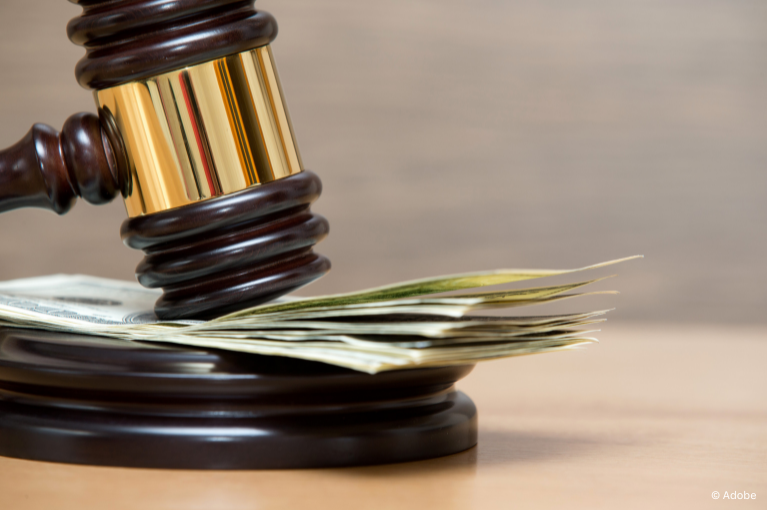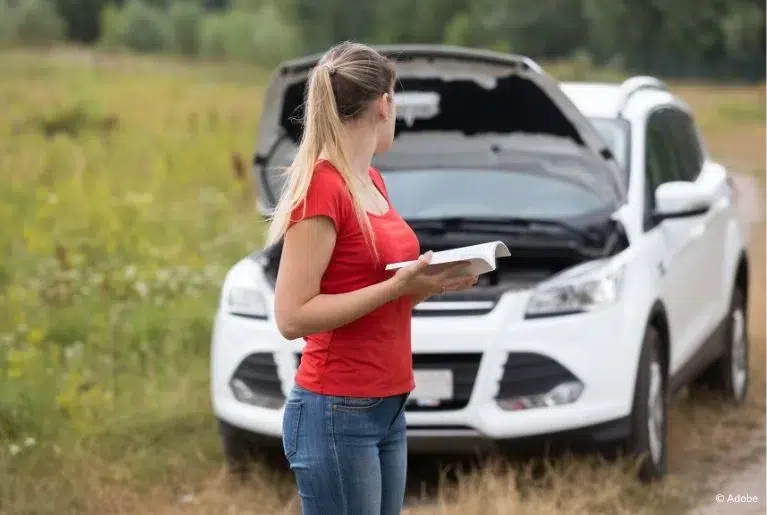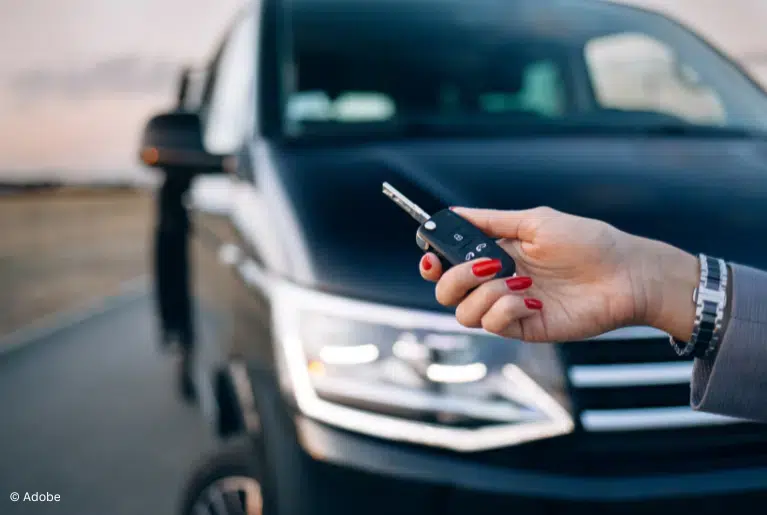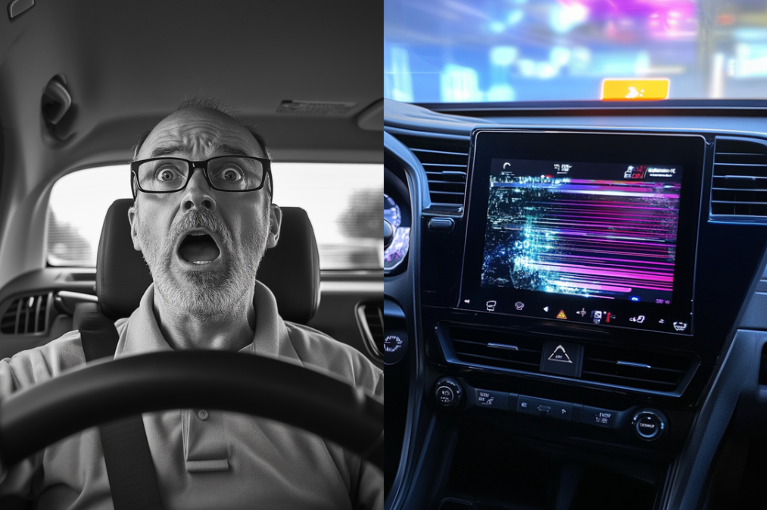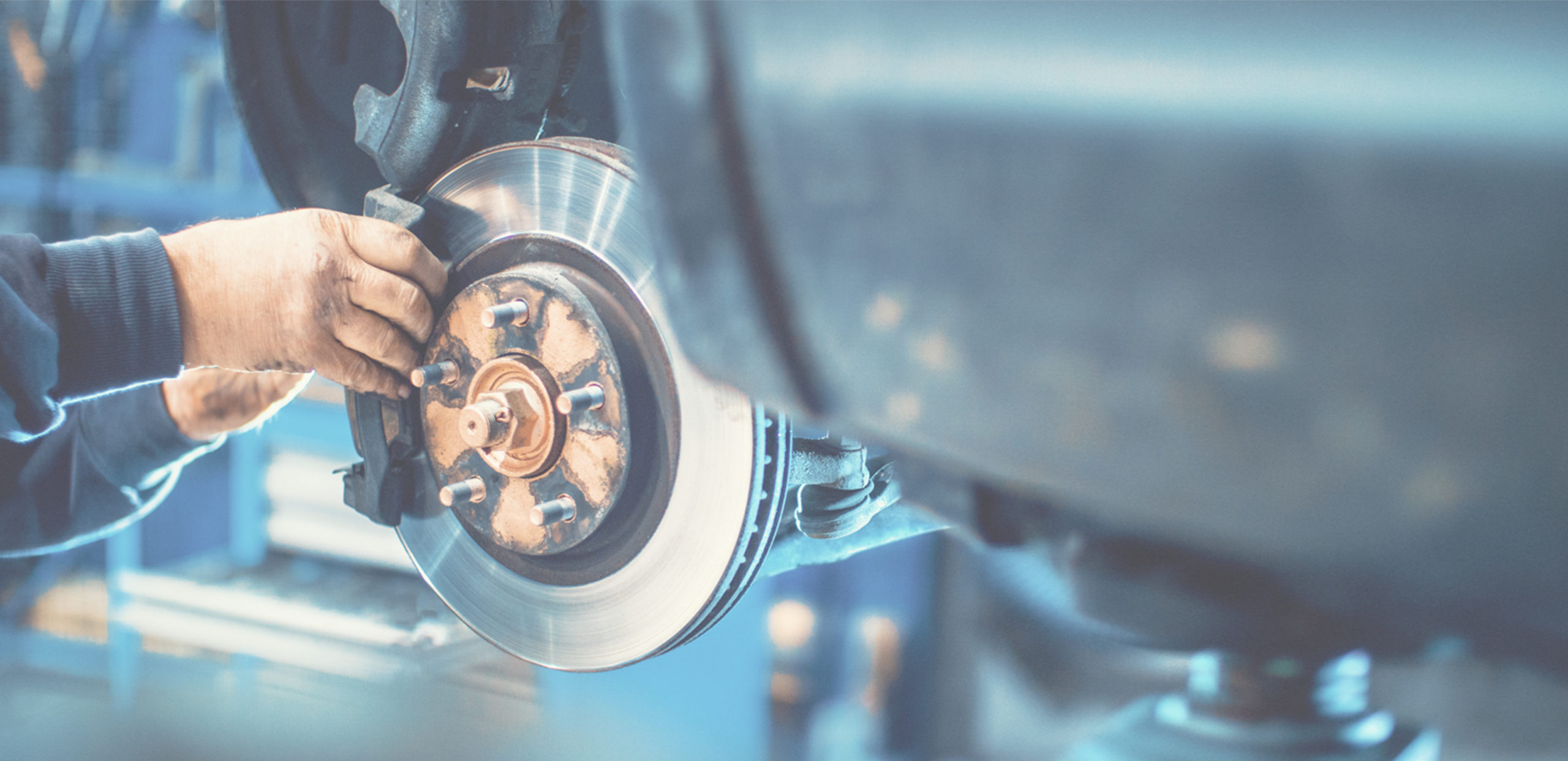Honda rod bearing recall repairs are under federal investigation for their effectiveness in addressing the premature wear of connecting rod bearings leading to engine seizure and failures.
Honda connecting rod bearings are prone to premature wear in certain vehicles with the 3.5-liter V6 engine manufactured specifically by Honda. The National Highway Traffic Safety Administration’s Office of Defect Investigation received 173 reports of connecting rod bearing seizure in certain 2016-2020 Honda and Acura vehicles that, while equipped with the 3.5-L V6 engine, were outside the scope of the Honda rod bearing recall.
The vehicles excluded from the original Honda rod bearing recall are the 2020 Honda Odyssey, 2017 and 2020 Honda Pilot, and 2018 Honda Ridgeline.
What was the Honda rod bearing recall?
Here are the quick facts of the Honda rod bearing recall:
- NHTSA Campaign ID: 23V751000
- Honda Recall Numbers: XG1 and GG0
- Number of Vehicles: 248,999
- Affected vehicle models: 2015–2020 Acura TLX, 2016–2020 Acura MDX, 2016 and 2018–2019 Honda Pilot, 2017 and 2019 Honda Ridgeline, and 2018–2019 Honda Odyssey with 3.5-L V6 engines.
- Safety Risk: A connecting rod bearing may seize, damaging the engine. The engine may run improperly, stall, stop while driving or fail to start.
- Defective component: The crank pins have a crown or convex shape out of specification due to improper equipment settings during the production of the crankshaft.
- Risk to Driver: The connecting rod bearing seizure and engine issues may increase the risk of a fire, crash or injury.
- Warning Signs: Abnormal engine noise, engine stalling, decreased engine output and Check Engine Light on dashboard.
Honda and Acura dealers offered to replace the faulty crank pins with properly ground crank pins that were produced with proper specifications. According to the recall documents, the manufacture of crank pins was improved some time in 2020.1
Honda began mailing owner notice letters on March 28, 2024. The recall notice mailing dates for Acura owners were as follows, according to the NHTSA entry2:
- 2016-2017 Acura MDX: November 1, 2024.
- 2016-2020 Acura MDX: mid-December 2024.
- 2015-2016 Acura owners: mid-December 2024
- 2018 Acura TLX: end of March/early April 2024
- 2019 Acura TLX: mid-May 2024
- 2020 Acura TLX: mid-June 2024
Honda’s customer service can be contacted at 1-888-234-2138. Affected owners can also contact NHTSA’s safety hotline at 1-888-327-4236.
Honda Rod Bearing Defect History
Honda first received a market complaint for connecting rod bearings in February 2020, and investigated the issue from July 20, 2020 to February 2022. In April 2022, Honda investigated the different bearing specifications. In February 2023, Honda investigated market vehicles that had not experienced rod bearing seizure for comparison. On November 2, 2024, Honda determined the defect and issued the recall.
As of November 3, 2023, Honda had 1,450 warranty claims from July 2014 to November 2023.
Honda Connecting Rod Bearing Investigation
NHTSA’s investigation into Honda’s connecting rod bearing failures and repairs includes these vehicles:
- 2016-2020 Acura MDX
- 2018-2020 Acura TLX
- 2018-2020 Honda Odyssey
- 2016-2020 Honda Pilot
- 2017-2019 Honda Ridgeline
NHTSA’s ODI opened the investigation after receiving 173 Vehicle Owner Questionnaire reports of failing connecting rod bearings in vehicles outside the scope of the recall. The initial recall only covered Honda and Acura vehicles within certain production ranges.3
The Honda rod bearing investigation will assess how severe the rod bearing defect is and whether the scope of the initial recall was effective.
My Honda Has Engine Problems. What Do I Do?
If your Honda or Acura vehicle has recurring engine issues, contact Honda’s customer service department to schedule an appointment for repairs. Tell the Honda representative your Vehicle Identification Number (VIN) and ask if your Honda or Acura vehicle is covered by recalls XG1 or GG0.
When you take your Honda or Acura vehicle to the dealership for repairs, hold onto any paperwork given to you. Usually, you will receive a work order or repair order that describes important details regarding your repair visit. These repair orders will list the date, time and mileage when your visit took place, the issues you reported, and the labor and services performed to repair your vehicle, if any, along with costs.
If your Honda or Acura vehicle cannot seem to have its engine issues fixed within a reasonable number of repair attempts, your vehicle may be a lemon. Owners and lessees of defective vehicles can recover cash compensation, a replacement vehicle or a repurchase of their vehicle under the California Lemon Law. On top of that, those who prevail in their lemon law claims against the auto manufacturer will have their attorneys’ fees and costs compensated as part of the final settlement.
If your Honda vehicle has recurring issues that make it unsafe to drive, call our Honda lemon law attorneys for a free consultation. You pay nothing out of pocket for our lemon law services. You may reach us at 833-208-8181.
References
- Part 573 Safety Recall Report 23V-751. (2023). https://static.nhtsa.gov/odi/rcl/2023/RCLRPT-23V751-4249.PDF
- (2023, November 13). Engine Damage from Connecting Rod Bearing Wear [Review of Engine Damage from Connecting Rod Bearing Wear]. Track Recalls & Safety Issues by NHTSA ID; National Highway Traffic Safety Administration. https://www.nhtsa.gov/?nhtsaId=23V751000
- (2024, November 8). NHTSA Action Number: RQ24013. Engine failure. [Review of NHTSA Action Number: RQ24013. Engine failure.]. Track Recalls & Safety Issues by NHTSA ID; National Highway Traffic Safety Administration. https://www.nhtsa.gov/?nhtsaId=RQ24013
Lemon Law Help by Knight Law Group is an automotive lemon law firm that exclusively practices in California, with offices in Los Angeles, San Francisco, Sacramento and Orange County. If you are a California resident who purchased or leased a defective vehicle from a licensed dealership in California, we may be able to help you get rid of your potential lemon and recover significant cash compensation. Model year restrictions apply: 2020–Present vehicle models only.
However, we cannot help those who reside outside of California or purchased their vehicle outside of California unless they are active duty members of the Armed Forces, nor will we be able to refer them to a lemon law firm in their states.
To learn more about the California Lemon Law and your legal rights, visit our guide on the California Lemon Law for more information.

